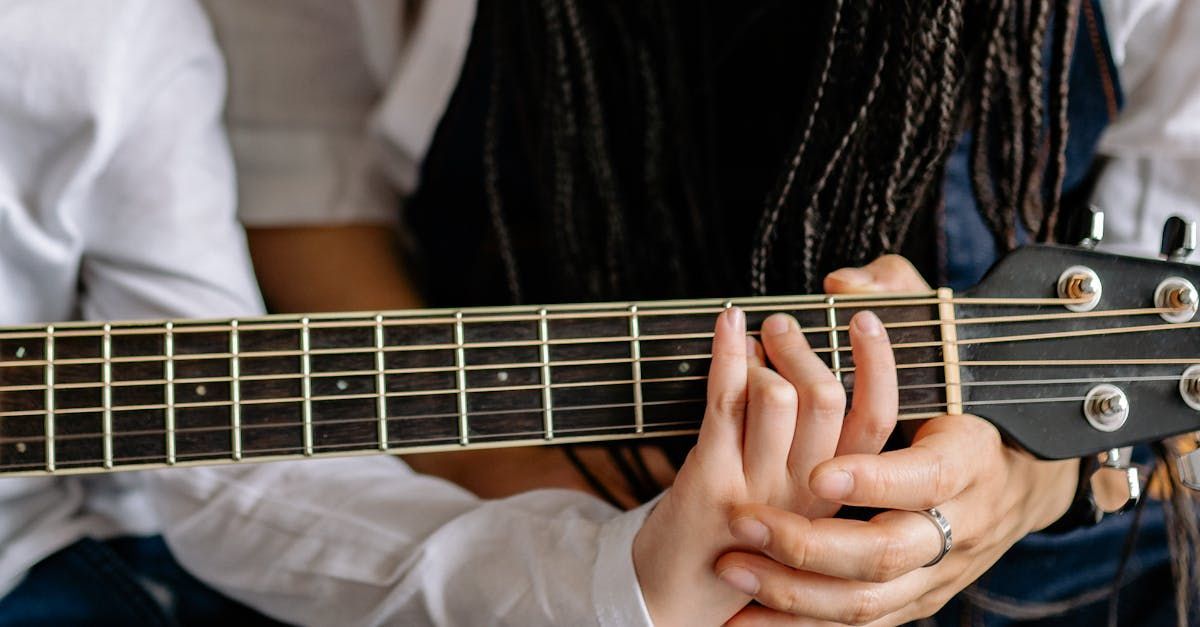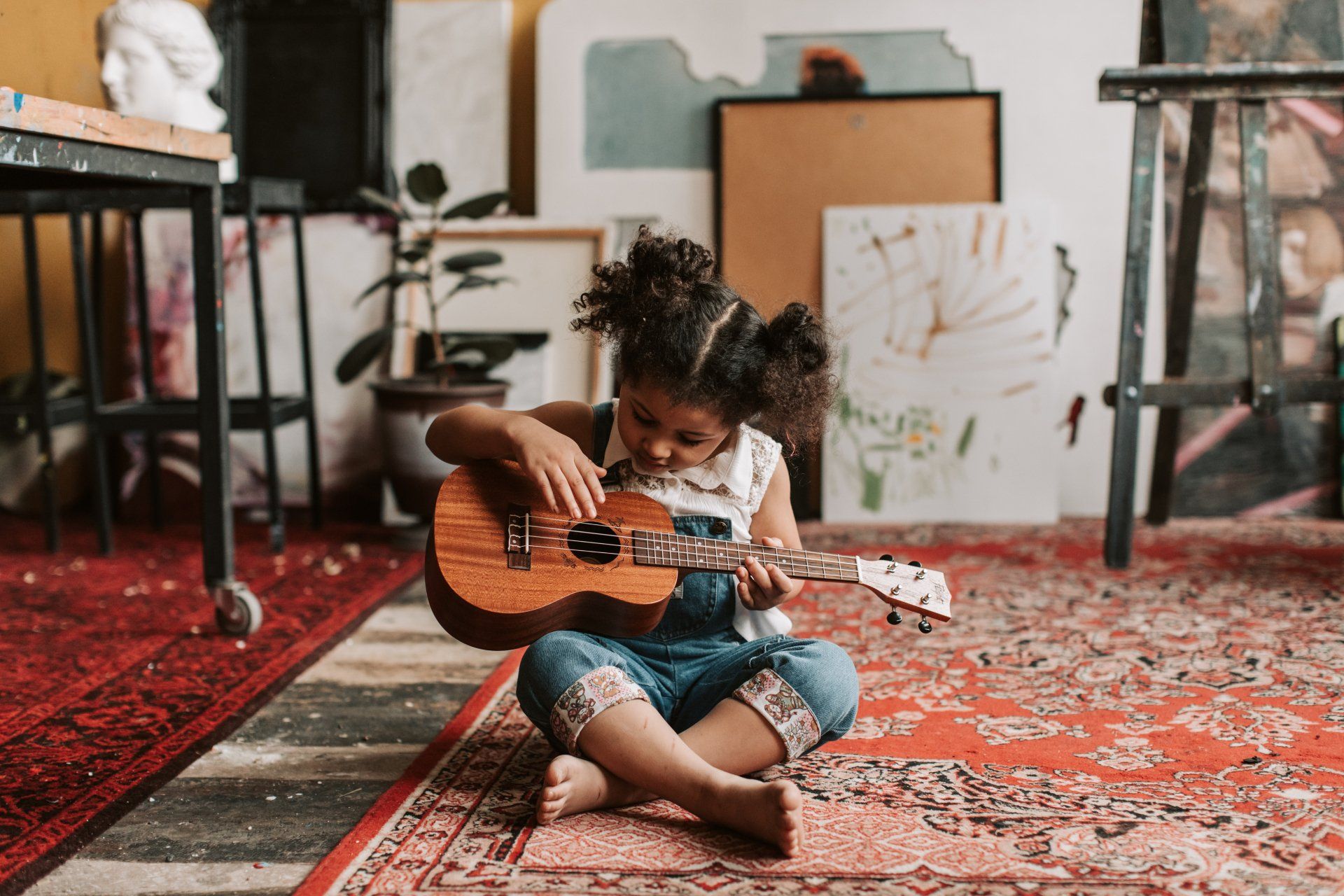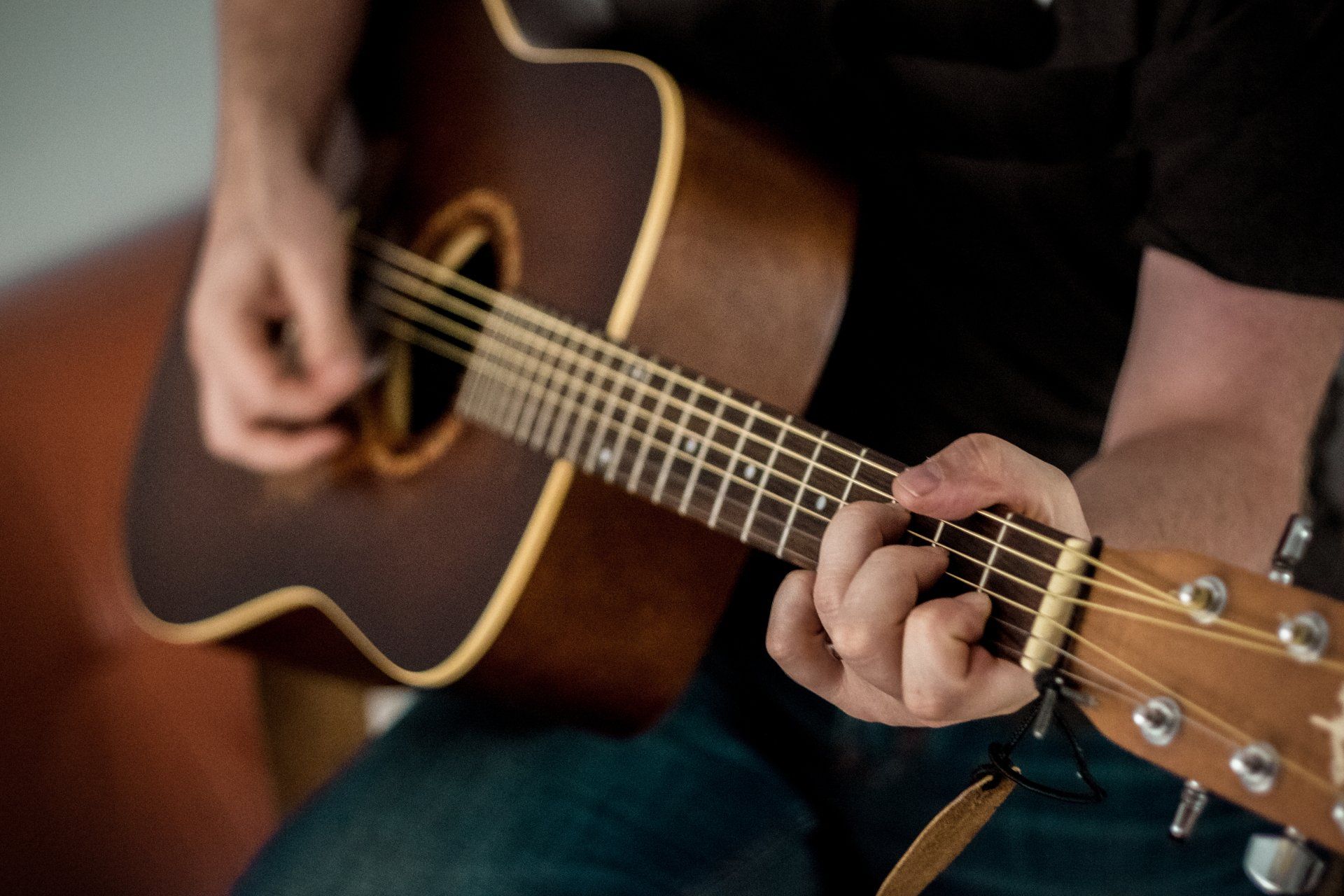Music lessons can be a wonderful opportunity for children to explore creativity, develop discipline, and gain a lifelong appreciation for the arts. However, for parents venturing into this territory for the first time, it can be a bit of a maze. From choosing the right instrument to finding the perfect teacher, there are several factors to consider. Here are the top three things parents need to know when thinking about getting music lessons for their child.
Understanding the Fit – More Than Just a Musical Instrument!
1. Assessing Your Child’s Interest and Readiness
A. Gauge Interest
Before enrolling your child in music lessons, it’s essential to gauge their interest level. Do they show a natural inclination towards music? Are they fascinated by a particular instrument? Children who display a genuine interest are more likely to stay motivated and engaged in their musical journey.
B. Age and Readiness
Does your child have an attention span enough that they could support a 20 or 30 minute lesson? Consider your child’s age and developmental stage. While there’s no “perfect” age to start music lessons, typically, children around the age of 5 or 6 start showing signs of readiness. They should be able to focus for the duration of the lesson and have the physical ability to handle the instrument, be it a violin, piano, or guitar. This is not so much about a child being too young for lessons, it's more about their ability to receive 1-1 tutoring for 20 minutes at a minimum where they are engaged and encouraged to try new things and develop their creative and technical skill sets.
2. Choosing the Right Instrument and Teacher
A. Instrument Selection
The choice of instrument is crucial. Start with your child’s preference, but also consider factors like the size of the instrument, the physical demands it places on the player, and the learning curve. For instance, the piano can be an excellent first instrument due to its straightforward, visual layout of notes. Reach out to us for a free consultation about the right instrument for your child at 518-878-5116 or email us at andrew@518guitar.com
B. Finding the Right Teacher
A good music teacher can make a world of difference. Look for instructors who are not only skilled musicians but also have experience teaching children. They should be patient, encouraging, and able to tailor lessons to your child’s individual needs. Consider asking for recommendations from friends or searching for local music schools or private instructors.
3. Understanding the Commitment
A. Time and Practice
Music lessons require a commitment of time, both in and out of lessons. Regular practice is key to progress. Help your child establish a consistent practice routine, but be mindful of their other responsibilities and activities to avoid burnout.
B. Financial Aspect
Be prepared for the financial commitment. This includes the cost of lessons, the instrument, and any additional materials like sheet music. Remember, high-quality lessons and instruments are an investment in your child’s musical education.
C. Patience and Support
Lastly, be patient and supportive. Learning an instrument is a journey with ups and downs. Celebrate your child’s achievements, encourage them thr
Conclusion
Introducing your child to music lessons can be a rewarding decision that nurtures their talent and passion. By assessing their interest and readiness, choosing the right instrument and teacher, and understanding the commitment involved, you can set the stage for a fulfilling musical experience. Remember, the goal is to instill a love for music that lasts a lifetime.










